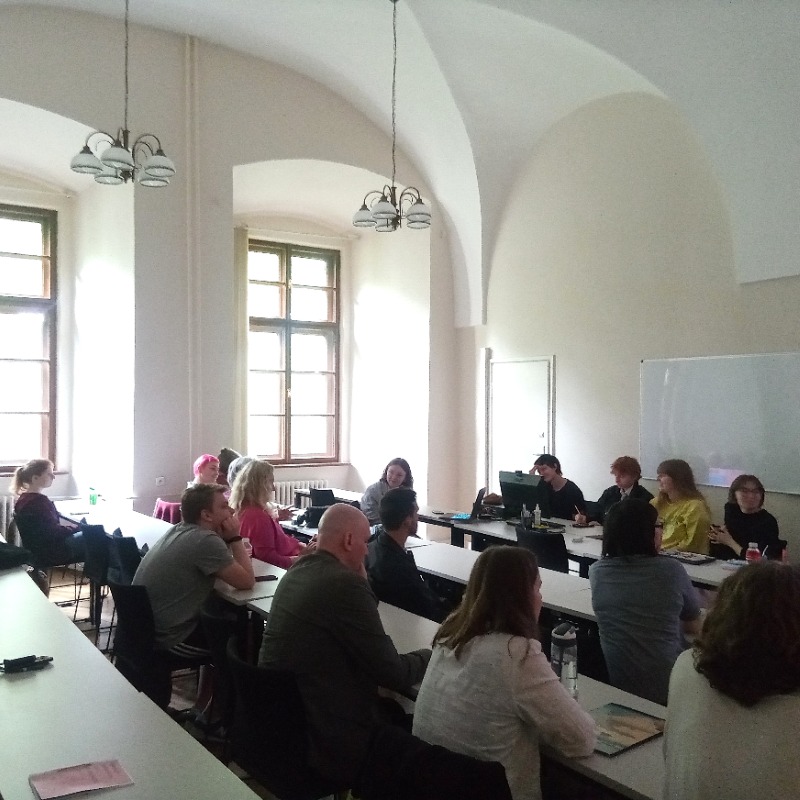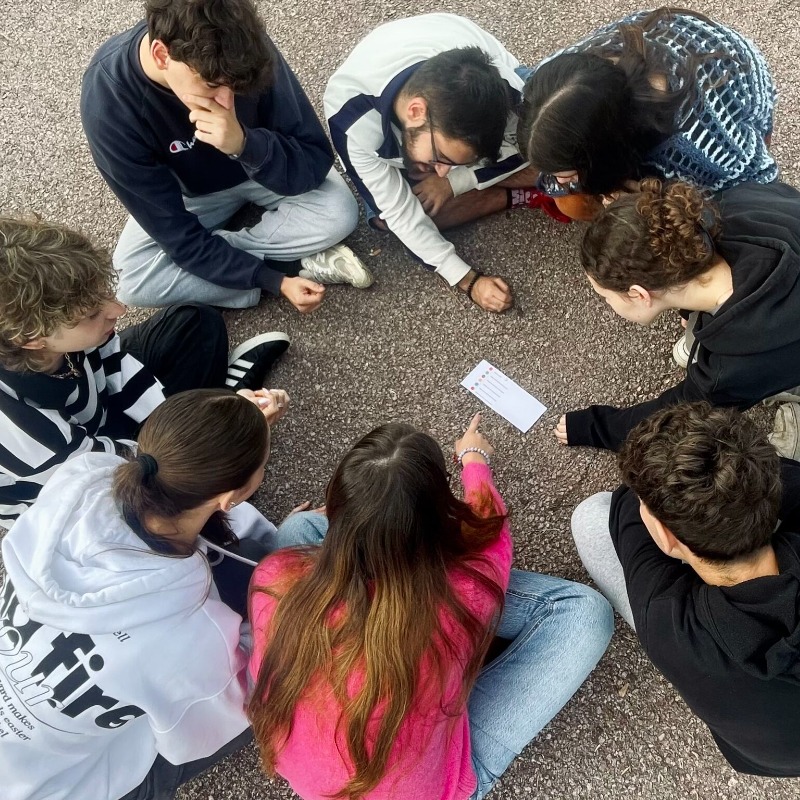Transnational Partners Meeting in Kraków: Advancing Intersectionality in Higher Education

On March 10-11, 2025, the InterHEd Consortium convened for a new Transnational Partners Meeting (TPM), hosted by Jagiellonian University in Kraków. These international meetings are essential for fostering collaboration, ensuring alignment on project milestones, and strengthening the coordination of upcoming deliverables. They provide a unique opportunity for partners to discuss progress in real-time, share insights on how intersectionality is being integrated into different institutional and national contexts, and collectively refine the tools and methodologies being developed within the project.
Beyond the structured working sessions, TPMs also allow participants to engage with the cultural and academic landscape of each host institution, reinforcing the international dimension of the consortium.
Throughout the two-day meeting, the consortium reviewed the project’s upcoming phases and focused on key deliverables that will be developed over the next few months.
A significant part of the discussions was dedicated to the InterHEd Toolkit, a pedagogical resource designed to support educators and practitioners in addressing inequalities in the classroom through an intersectional perspective. This toolkit will offer practical recommendations based on the challenges and needs identified in the workshops with students and teaching staff. It will cover the four main areas of action the project addresses: curriculum design, learning environments, teaching methodologies, and evaluation practices.
The meeting also addressed preparations for the Capacity-Building Internal Training (CBIT), which is scheduled to take place between September and October 2025. Unlike the previous workshops, which were primarily targeted at higher education students and faculty staff, the CBIT will be open to all university members, both internal and external. This initiative will integrate insights gathered from earlier stages of the project and propose structured training models that institutions can adapt to their educational contexts. The goal is to offer a replicable framework that universities can use to embed intersectionality into the aforementioned areas of action the project covers.
Another crucial point of discussion was the planning of National Multiplier Events, which will take place across partner institutions in 2025-2026. These events will serve as platforms to disseminate the project’s findings and share open-access resources, ensuring that the materials developed reach a broad audience beyond the consortium. The consortium also discussed the possibility of hosting some of these events outside university premises to encourage participation from diverse stakeholders, including educators, policymakers, and civil society actors. These events will play a key role in making intersectionality more accessible and actionable within different national and institutional contexts related to higher education.
Looking further ahead, the consortium is preparing for the European Conference on Intersectionality in Higher Education, a milestone event where the project’s key findings will be shared with a broader academic and policy audience. This conference will be complemented by the development of policy recommendations, aimed at influencing institutional and governmental approaches to addressing inequalities in higher education through an intersectional lens. As part of this effort, meetings with key stakeholders and policymakers across Europe will be organized to ensure that the research and tools developed by InterHEd contribute to long-term, structural change in higher education institutions.
Overall, the TPM in Kraków reaffirmed the consortium’s shared commitment to developing concrete, action-oriented tools that facilitate the integration of intersectionality into higher education. By bringing together diverse perspectives and experiences, these meetings continue to shape new strategies for tackling inequalities at both institutional and policy levels.
Stay tuned for more updates as we continue working towards a higher education system that fully integrates intersectionality into its core structures and practices.






